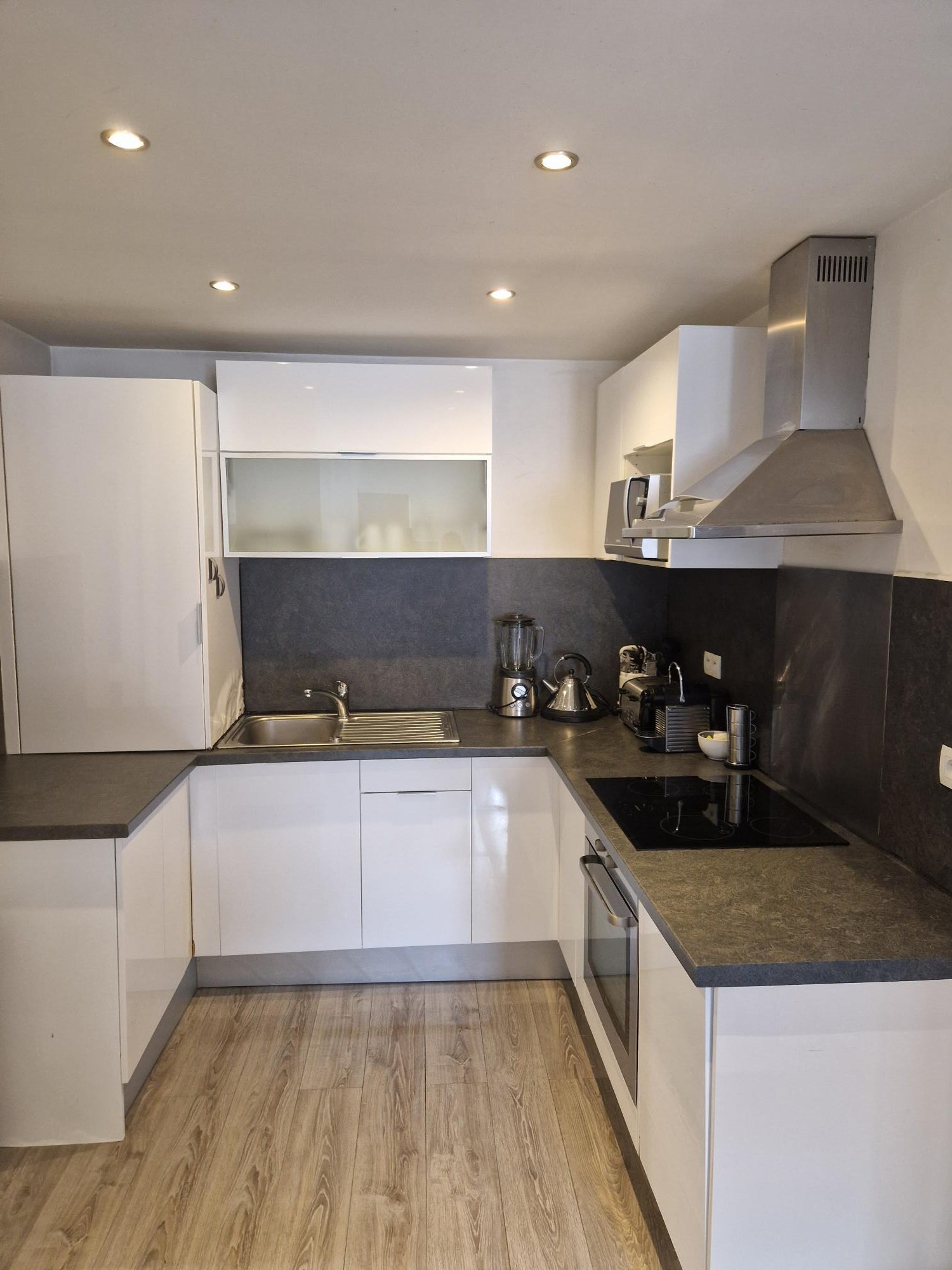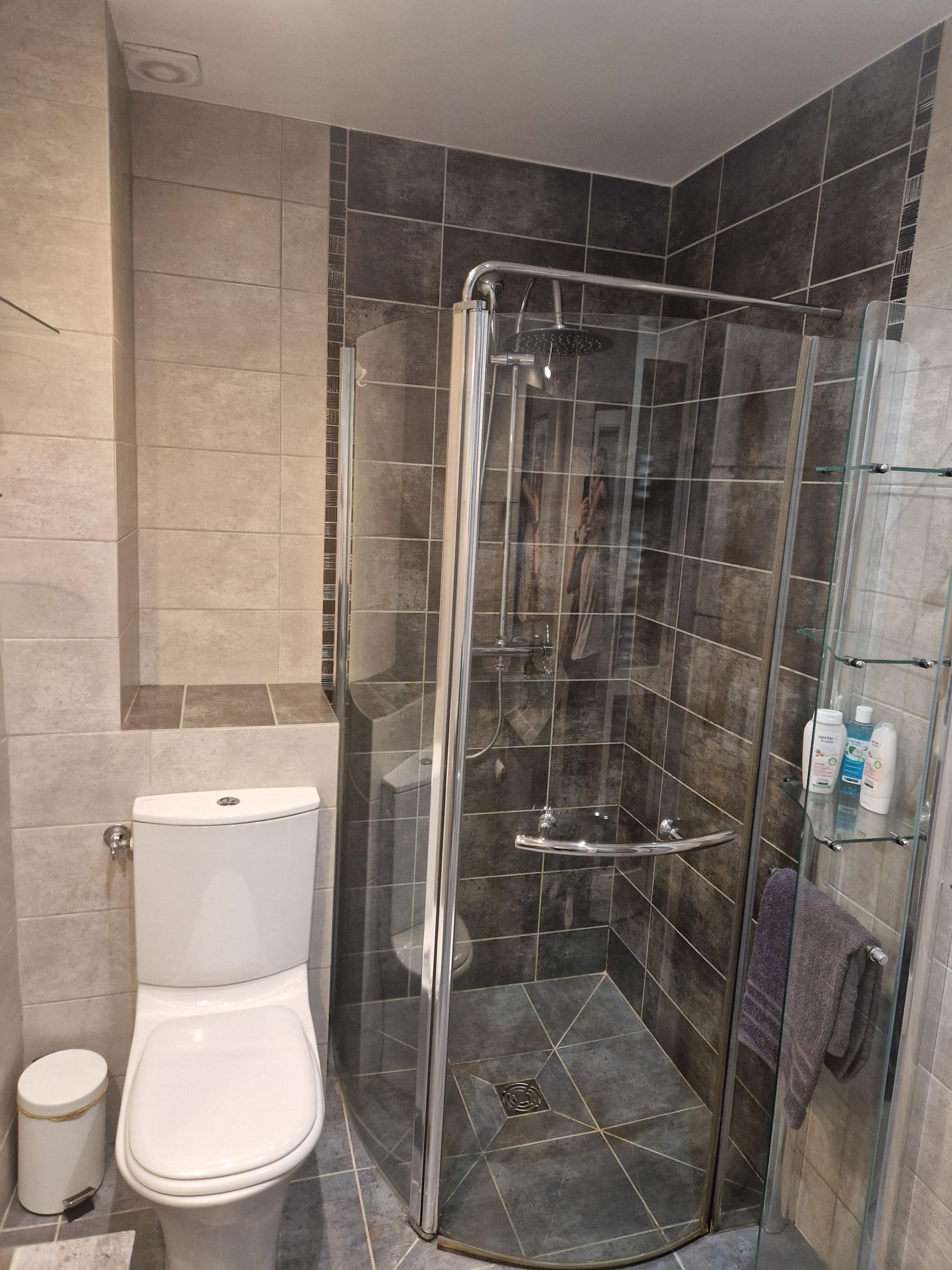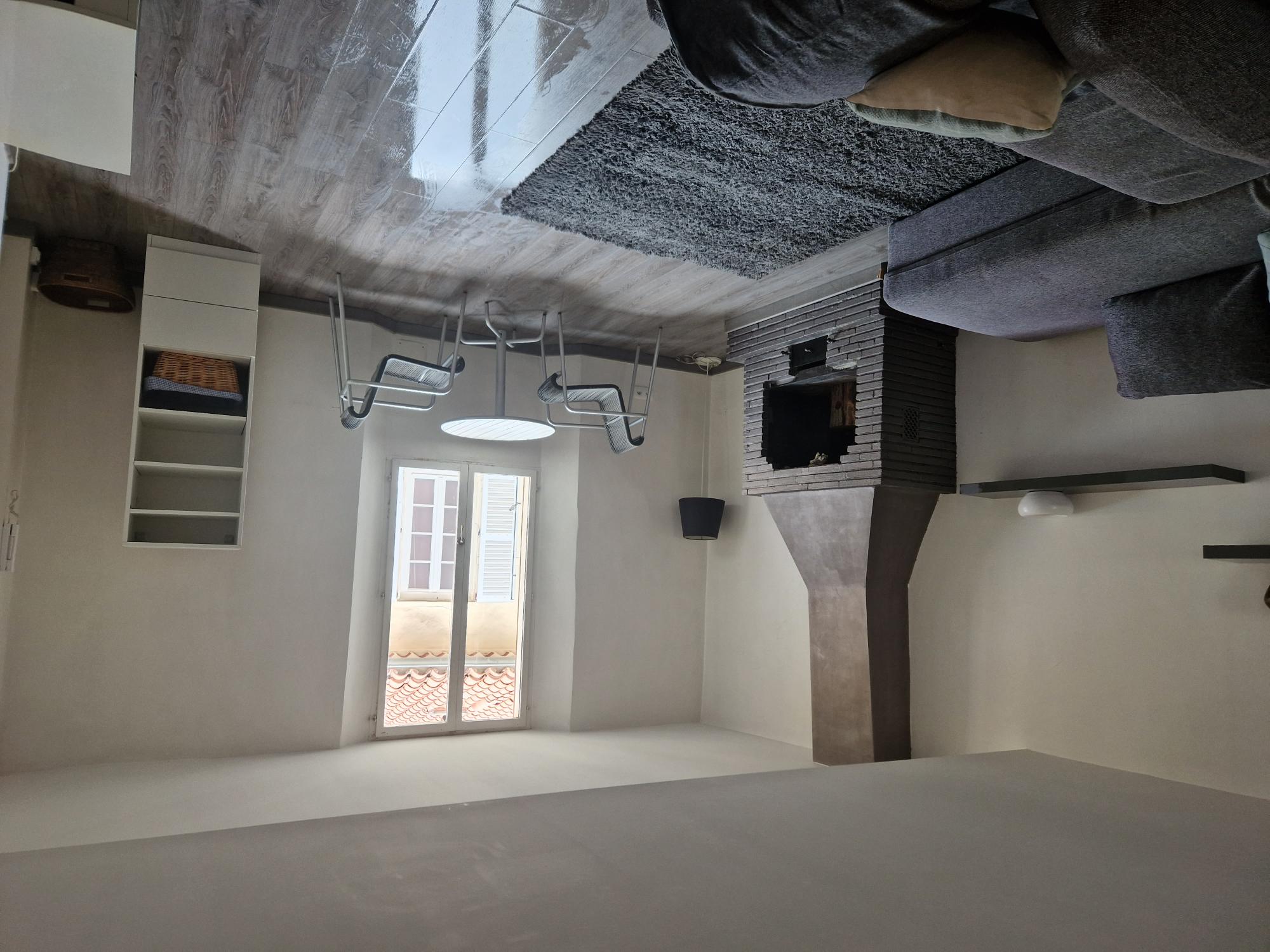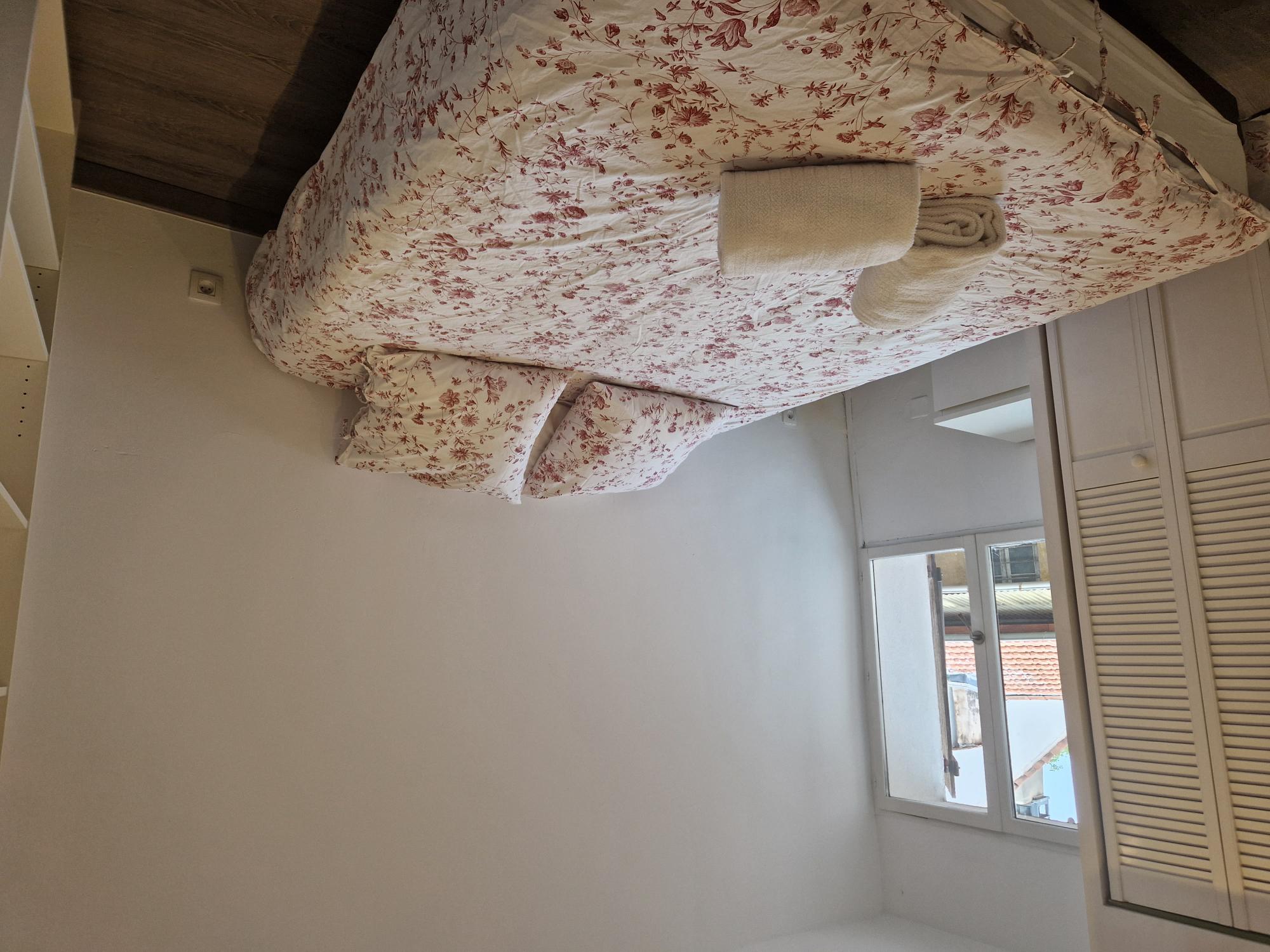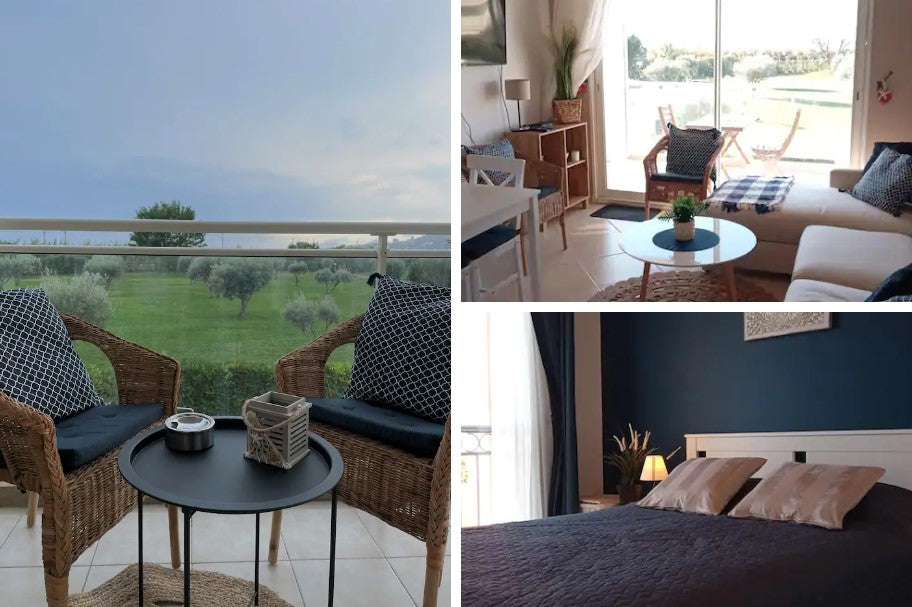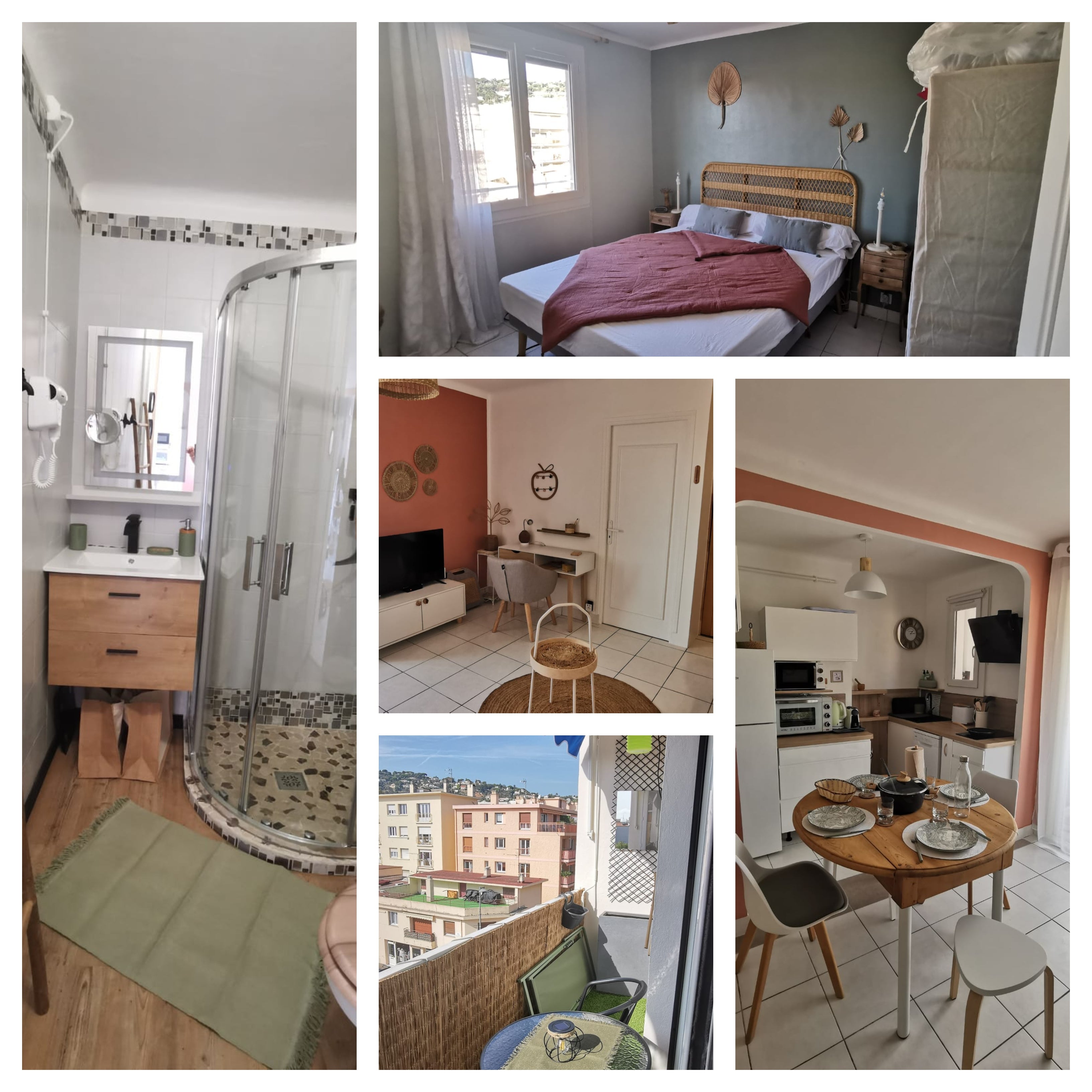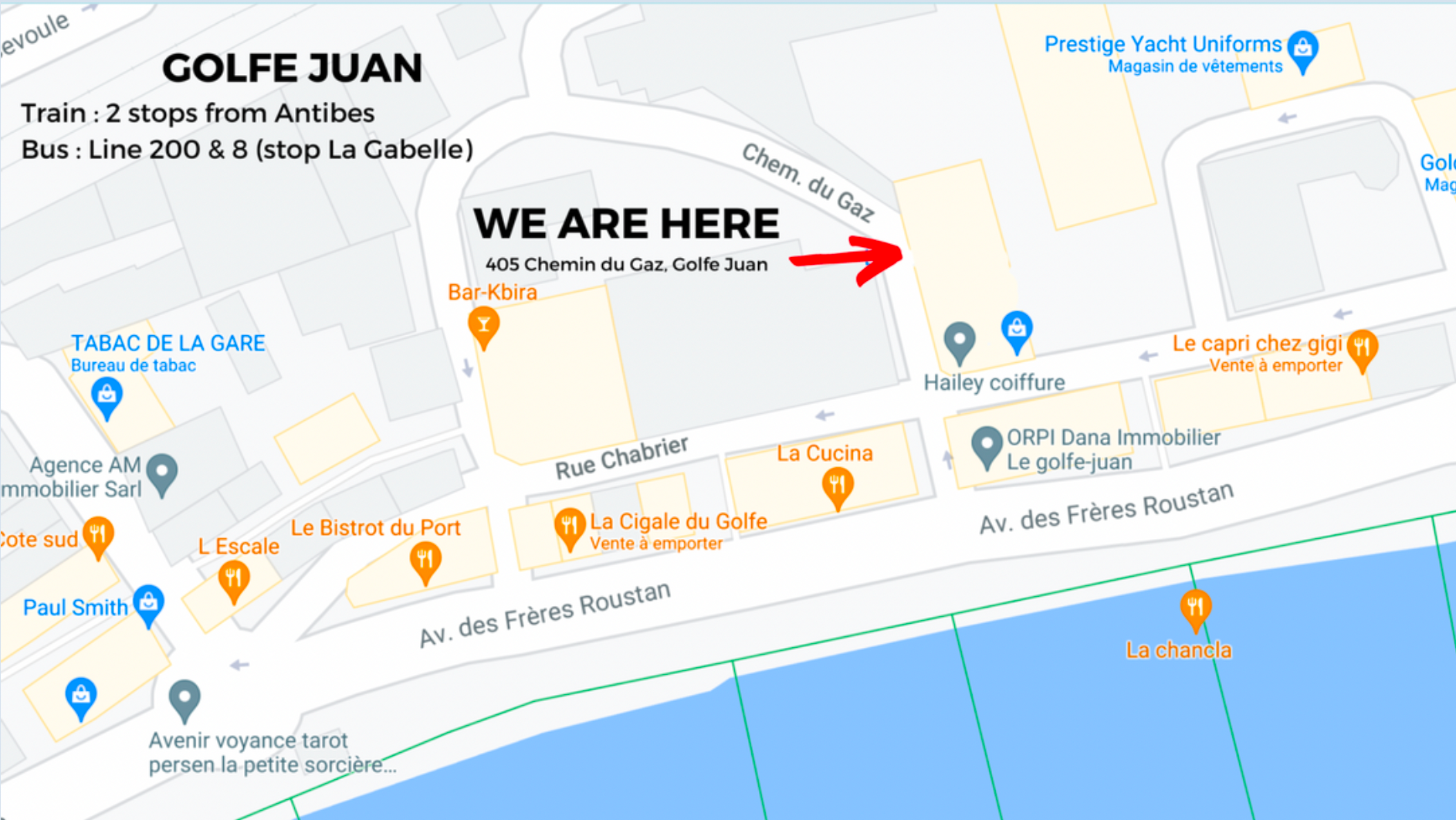There are plenty of small and cosy as well as big-name hotels in and around Antibes. But we normally do not advise students to go to any of them. Instead, we offer the option of crew houses.
What are crew houses? Accommodation for the crew, as you can guess, and not only for the experienced crew with jobs and contracts but for starters as well. Mostly for starters.
At Seascope France, we know that training is an investment, and before you hook up your first job, you need to keep an eye on your budget. This is one of the reasons to stay at a crew house while training. If you look at the rates offered by crew houses, you will notice that they are way more acceptable than those of hotels especially in the low season.
So, this is one reason but not the only.
What crew houses have is the opportunity to network. Often, crew houses are run by people who’ve been in close contact with the yachting industry, and they are eager to offer their advice and service. Some crew houses go an extra mile and arrange CV clinics for new yachties, give job hunting tips, and walk through the maze of yachting obstacles.
Over the years of training people in Antibes, we have established good connections with various crew houses here. Feel free to check the list below and get in touch with them for bookings:
The Crew HouseThe Crew House is located in the heart of Antibes, within 3 mins walk to our office and 15 mins to our classroom.
Address: 1 Av. Saint-Roch, 06600 Antibes
Phone: +33 0628586626
Contact person: Virginie
Crew Grapevine Three private crew houses located in the Old Town of Antibes, just beside Port Vauban.
Contact persons: Kate, Jason, Jenn
Phone: +33 6 16 66 28 43
Contact:
info@crewgrapevine.comAmma’s Crew HouseCrew accommodation next to Old Antibes and within 10 mins walk from our classroom.
Contact:
carol_martin76@hotmail.comPhone: +33 6 19 63 82 50
Backpackers House Based in the Old Antibes, this crew house is close to the train station and bus station.
You can contact them on Facebook on by phone.
Phone: +33 4 97 04 75 46
With the season coming, the crew houses are getting full. If you can't find a spot, be sure to check these options below:
Residéal AntibesThis hotel is situated 6 minutes away from our classroom in Antibes, and 8 minutes away from the train station.
Contact:
résideal.antibes@resideal.com Phone: +33 (0)4 92 90 76 00






